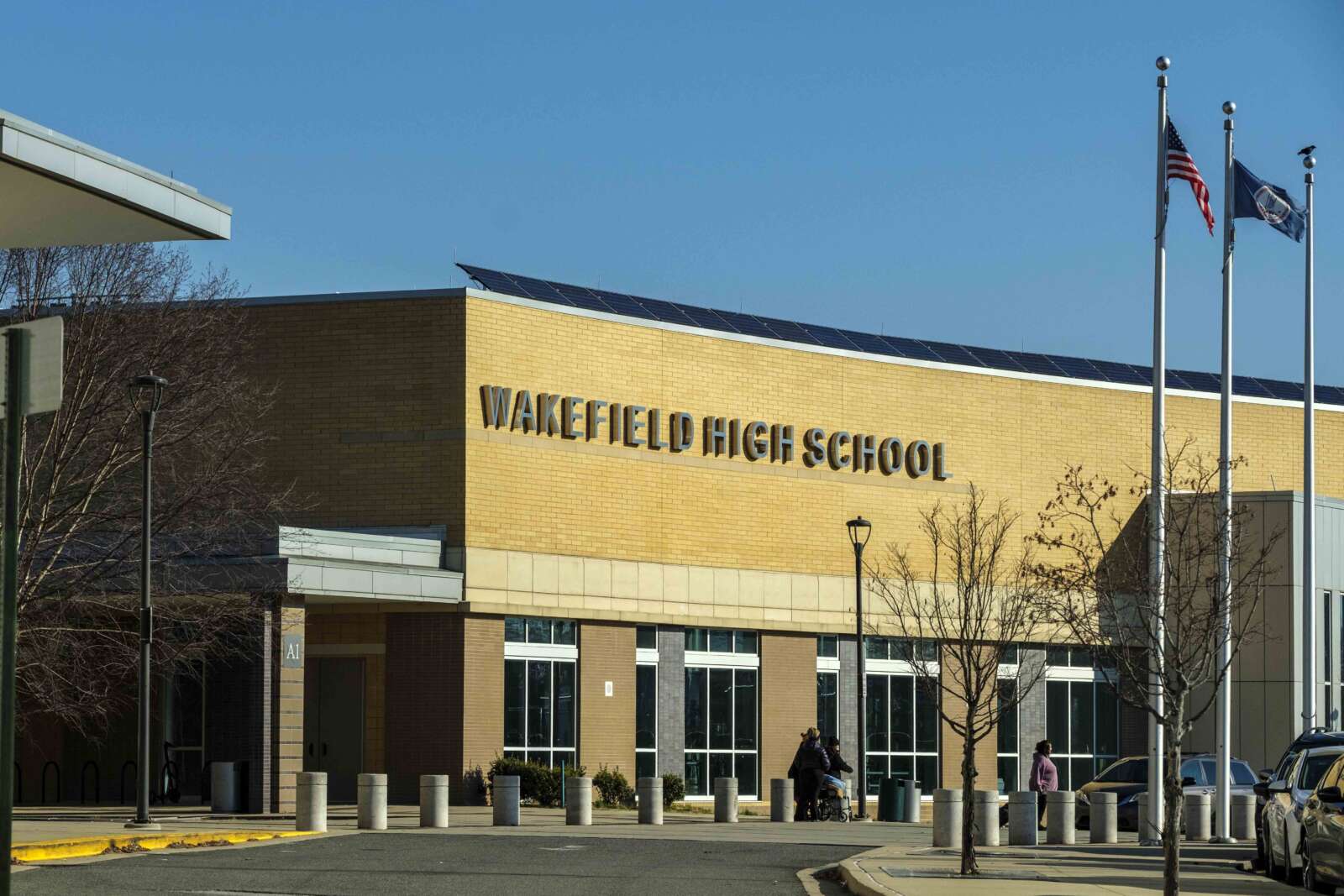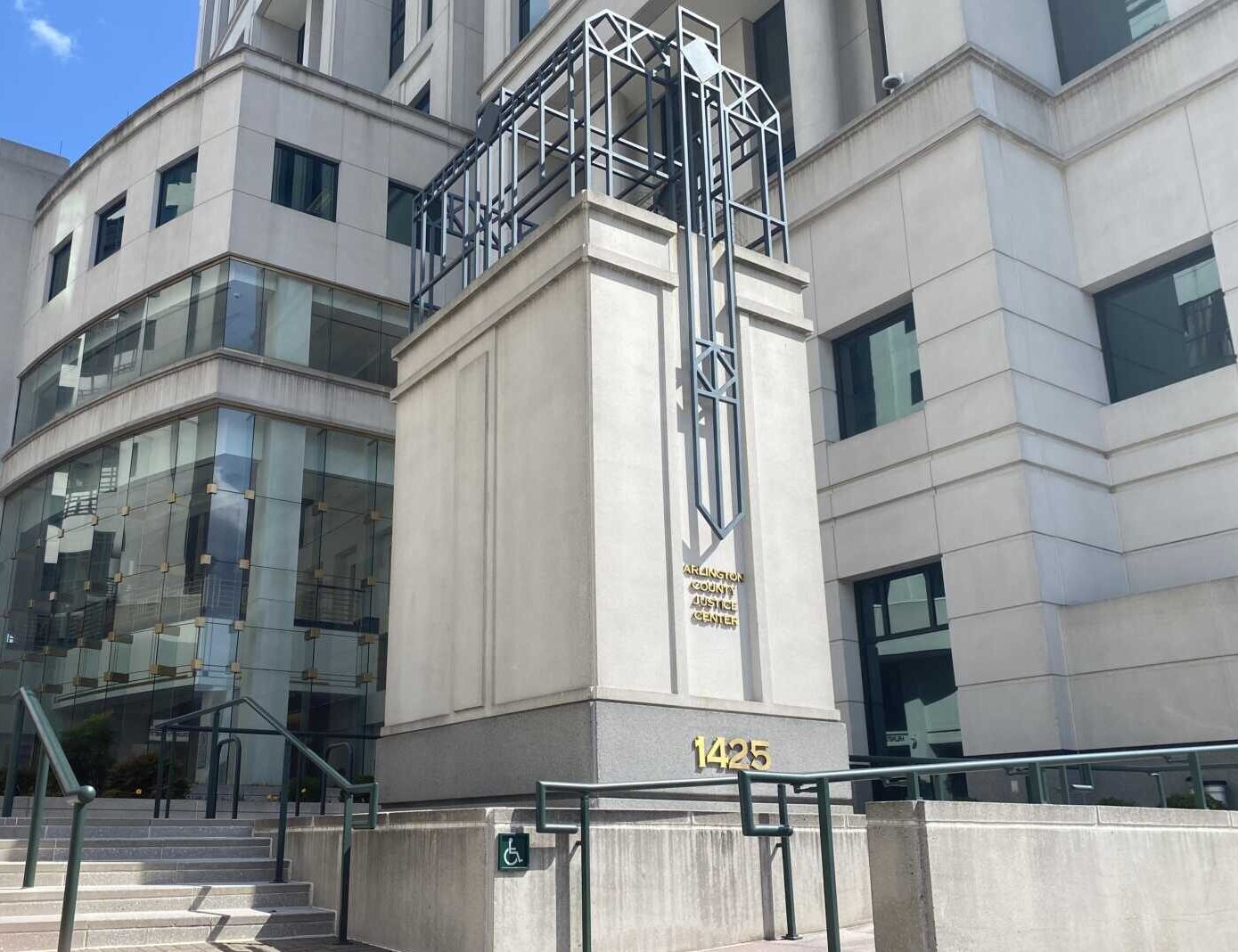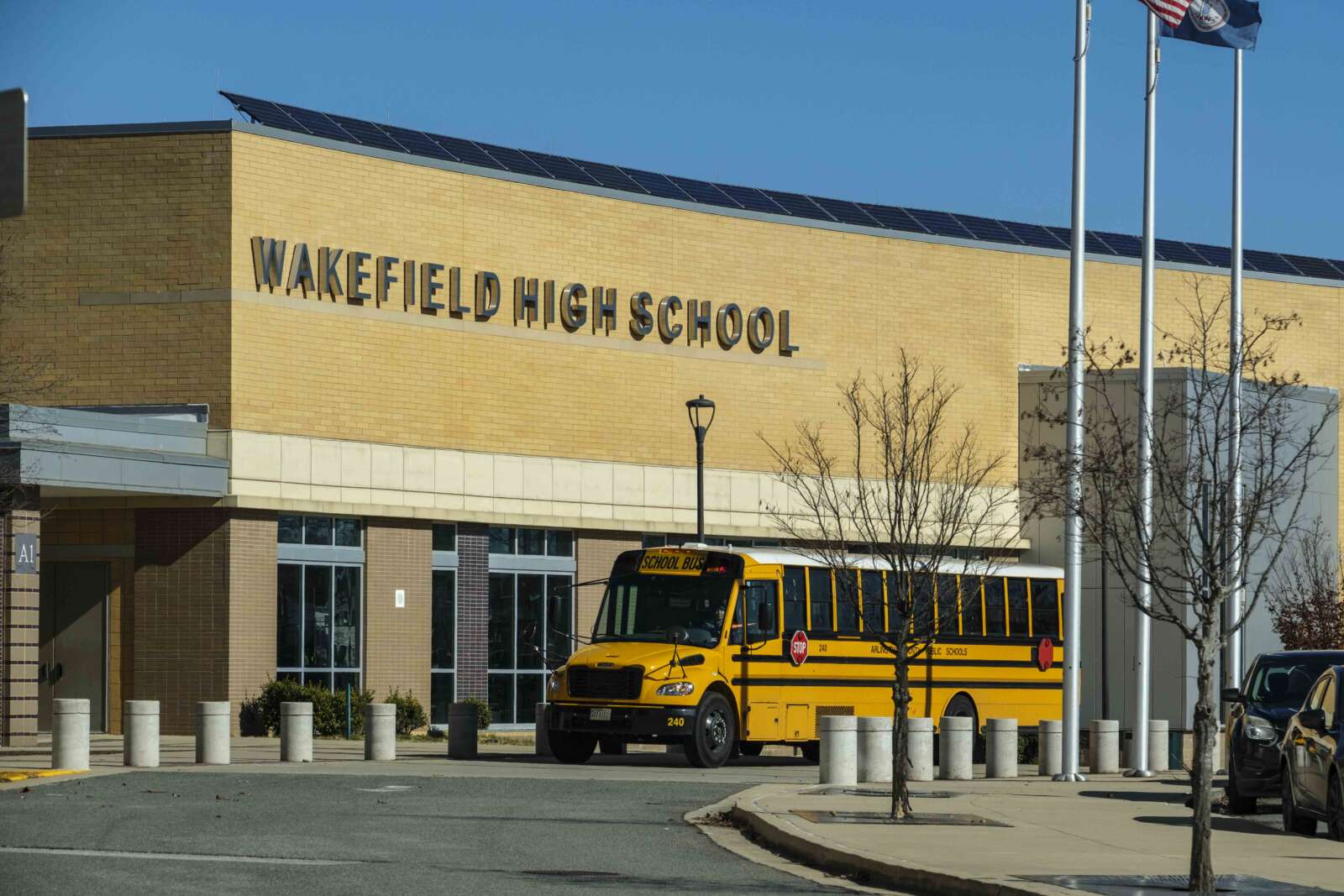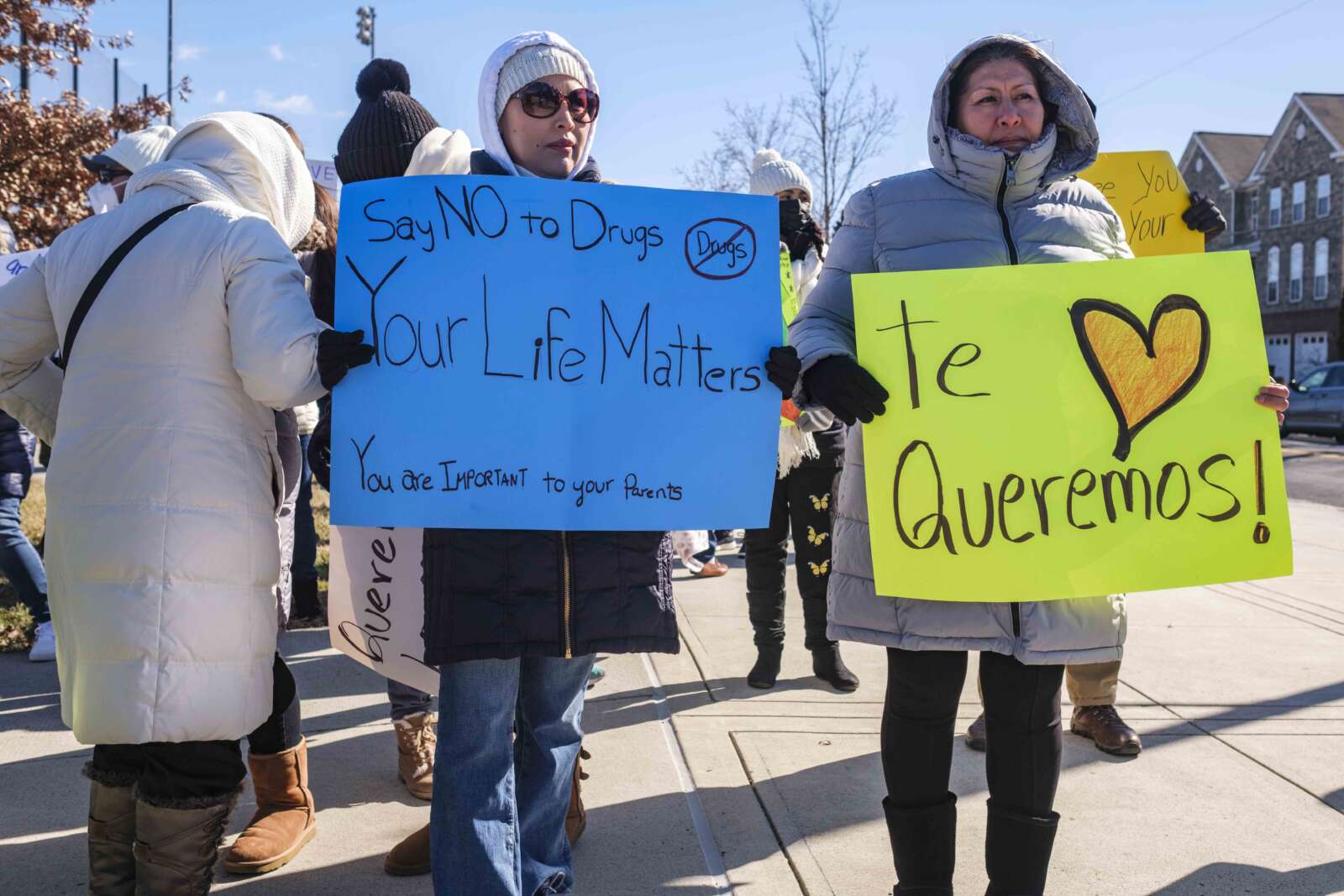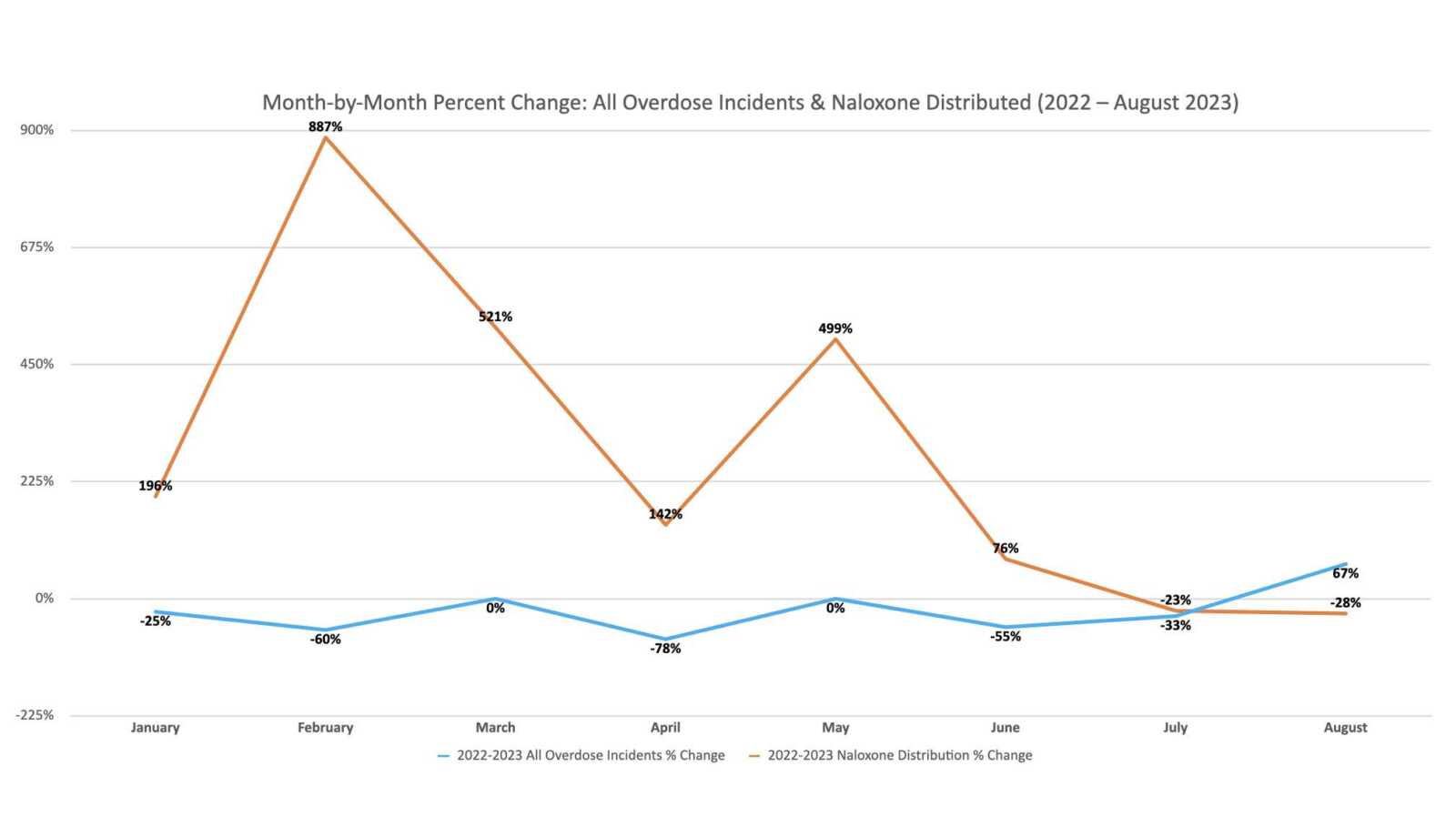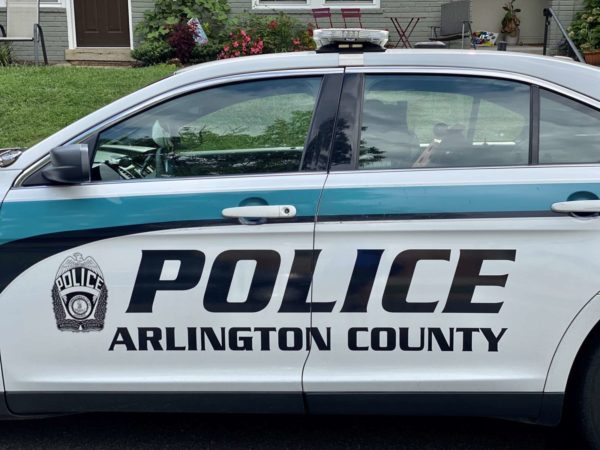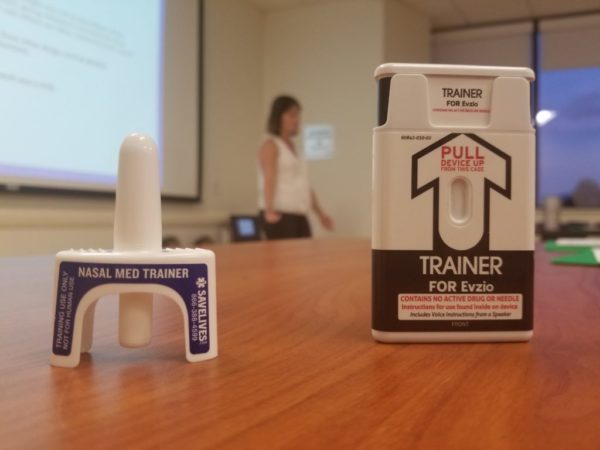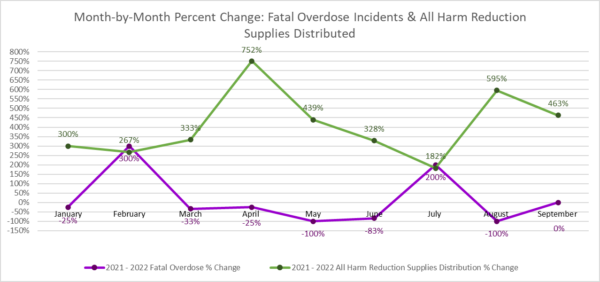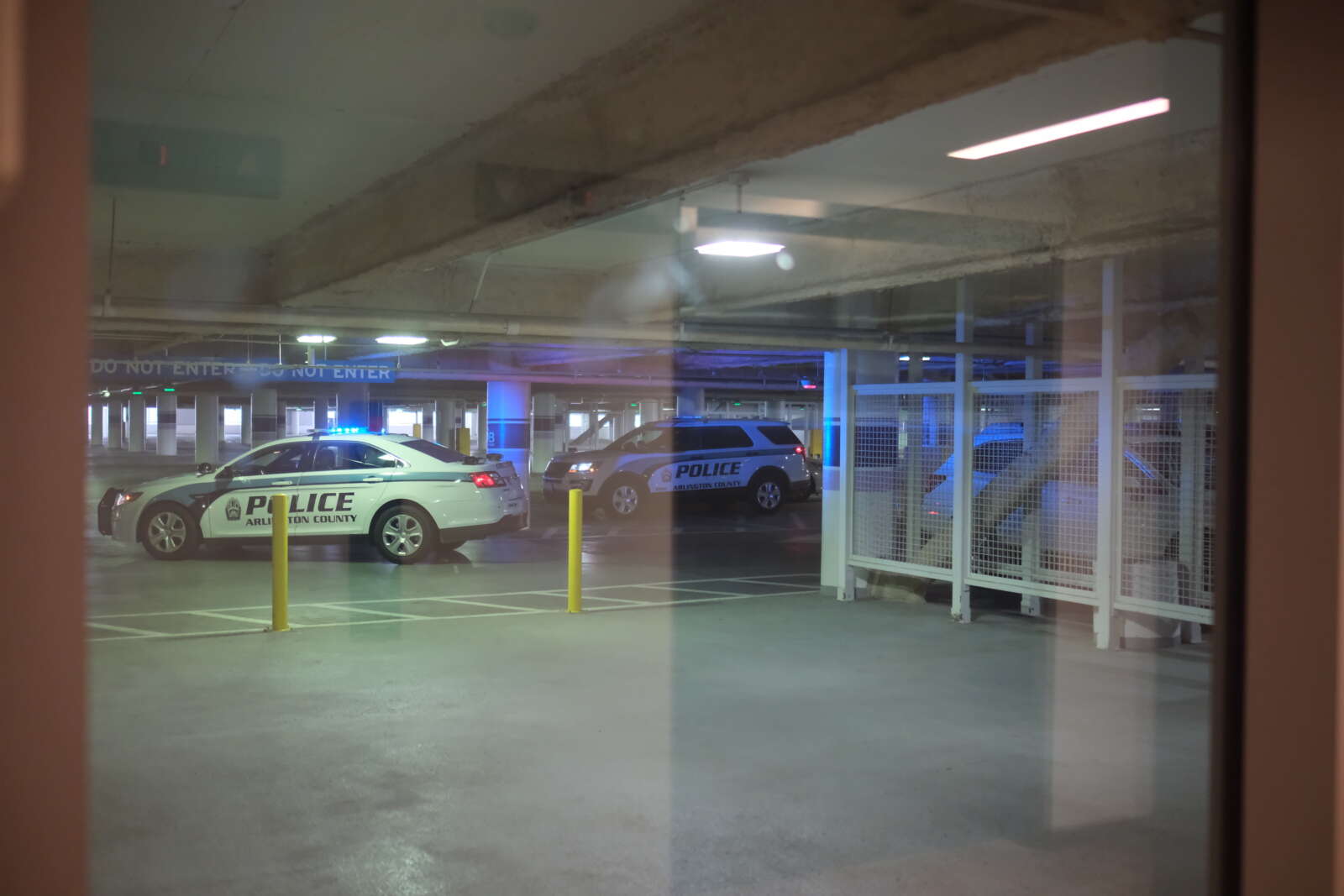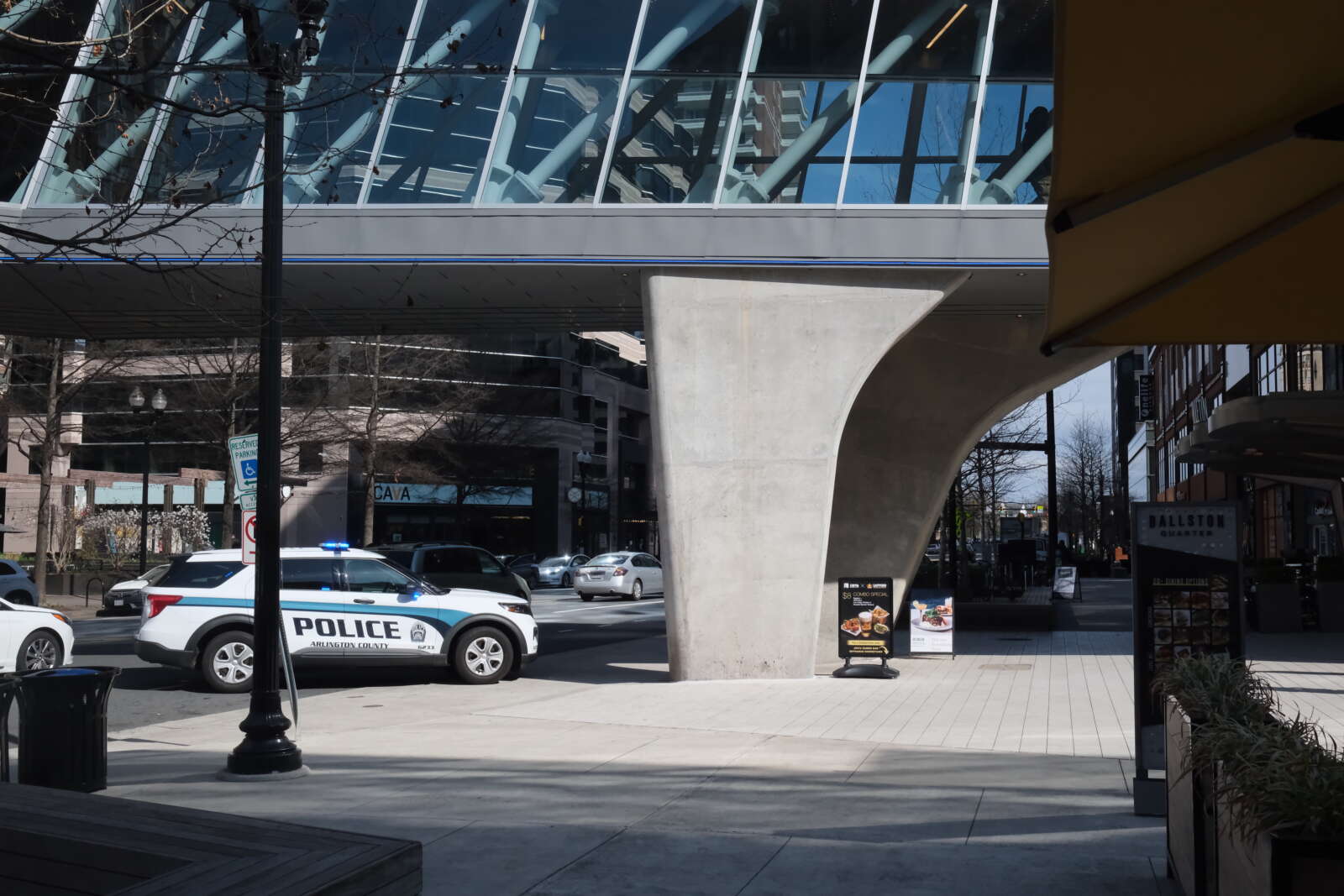
Del. Adele McClure is quickly making her mark in the Democrat-controlled Virginia legislature, just weeks after taking office.
The 2nd District representative’s first legislative success of her tenure came last week when the House of Delegates narrowly approved her bill to broaden the state’s minimum wage protections to include farm and temporary foreign workers.
“I had so many candid conversations with farmers who expressed that they are already paying their workers at or above the minimum wage,” McClure said in a press release. “My bill specifically addresses those outliers who, on the contrary, continue to pay workers lower wages while still demanding higher and higher output–which undercuts farmers who are doing the right thing and paying their workers fair wages.”
HB 157, which narrowly passed with a 50-49 vote, is now proceeding to the Senate, also controlled by Democrats.
Del. Jeion Ward, chair of the Labor and Commerce Committee, initially introduced this bill in 2021, arguing the farmworker exemption stems from Jim Crow-era discriminatory laws. At the time of its adoption in 1938, some lawmakers opposed paying farmworkers, many of whom were Black, the same rates as white laborers.
Ward’s bill failed in the Senate following opposition from agribusiness lobbyists who claimed farmers were already adequately compensated.
Inspired by Ward’s efforts, McClure told ARLnow that she wanted to continue where Ward left off.
“She has made valiant efforts to move that forward and ensure that the farmworkers are part of the conversation,” McClure said.
I presented my first bill, HB157, on the Floor of the House of Delegates this week, and I'm proud to report that it passed by a vote of 50-49. pic.twitter.com/d1XTtOlRFo
— Delegate Adele McClure (she/her) (@AdeleMcClure_) January 24, 2024
McClure claims the bill would only impact a small portion of farmers paying well below that minimum wage, which she says undercuts those who “pay their fair share.”
“These workers are just super hardworking… and they deserve to be protected under the minimum wage act like everybody else,” McClure said.
Over the last few years, Virginia’s minimum wage has risen from $7.25 to $12 per hour, a result of Democrat-endorsed legislation enacted in 2020. This law also sets out future increases, proposing a rise to $13.50 per hour in 2025 and $15 per hour in 2026. However, these planned hikes are contingent on further approval from the General Assembly.
Several other bills sponsored by McClure have also passed committee and are scheduled to be introduced on the House floor in the upcoming weeks.
These include a bill mandating firearm locking devices during the sale or transfer of firearms, a requirement for landlords to provide alternative housing options when a tenant’s unit is damaged, and a bill calling for law enforcement training standards to aid in preventing drug overdoses.
“I feel very privileged and honored to be in a position where I can effect so much change and so much change so quickly,” she said.
McClure admits she is unsure if her bills will make it past Gov. Glenn Youngkin’s desk, but she emphasized that each of the bills she has introduced has strong support from her constituents, which boosts her optimism.
“A lot of these things we’re passing are to help improve the lives of our fellow Virginians, so hopefully, he’ll take that into consideration when he’s wielding that pen,” she said.


